Constitutional Administration
Learn how policy is translated through the administrative state and the courts.
May 31–June 13, 2026
Washington, DC
America’s founding fathers gave us “a republic, if you can keep it.” But keeping the republic has never been easy. From the very start, Americans have disagreed about the meaning of our Constitution and the principles that it embodies. These debates have played out in famous Supreme Court cases, in congressional debates and presidential elections, and in clashes between our constitutional institutions.
To truly understand our America’s constitutional self-government, therefore, we need to study principles, institutions, and statesmen.
That is the goal of Hertog Constitutional Studies. This two-week fellowship studies America’s constitutional history through some of the most significant conflicts and debates. Led by legal expert Adam J. White, the program will also feature guest lectures from Supreme Court litigators, legal scholars, journalists, and judges, and policymakers who will bring their practical experience to bear on key constitutional questions.
The speakers listed below visited last summer’s program. Speakers for Summer 2026 will be announced soon.
Learn more about the Constitutional Studies Program.
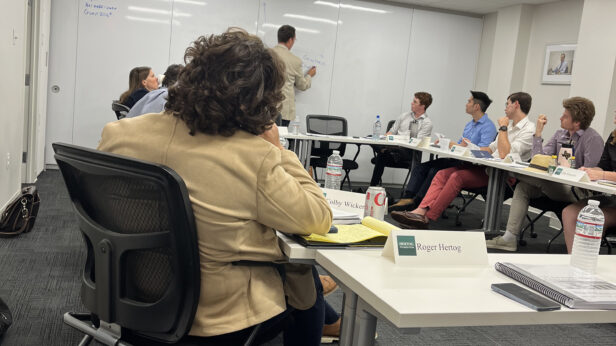
Under the guidance of legal expert Adam White, Constitutional Studies Fellows spend their mornings in rigorous seminar discussion, tracing the development of America’s constitutional institutions. We will connect ideas to institutions to statesmanship, and connect America’s history to the present day with an eye to the fellows’ own futures.
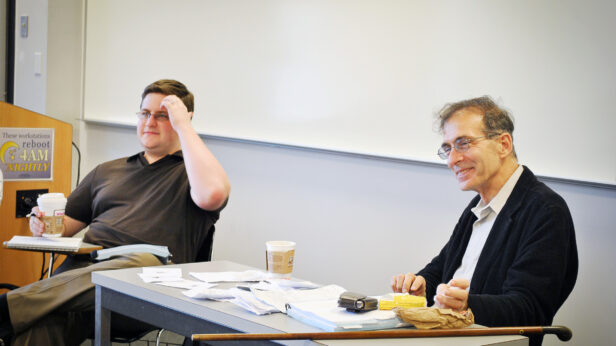
In the afternoons, fellows gain insights from prominent judges, legal scholars, and Supreme Court advocates who bring firsthand knowledge of law at the highest levels. Last summer’s guests included Sixth Circuit Judge Amul Thapar, legal analyst Sarah Isgur, and Harvard Law School admissions dean Kristi Jobson.

Nearly 2,000 students have participated in a Hertog fellowship. Hertog alumni are consistently accepted at top law schools like Harvard, Yale, Georgetown, UChicago, and UVA. A dozen alumni have gone on to clerk for a U.S. Supreme Court Justice.
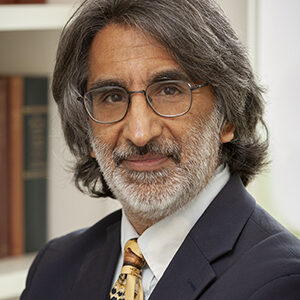
Akhil Reed Amar
Akhil Reed Amar is Sterling Professor of Law and Political Science at Yale University, where he teaches constitutional law in both Yale College and Yale Law School. He is Yale’s only currently active professor to have won the University’s unofficial triple crown — the Sterling Chair for scholarship, the DeVane Medal for teaching, and the Lamar Award for alumni service. He hosts a weekly podcast, Amarica’s Constitution.
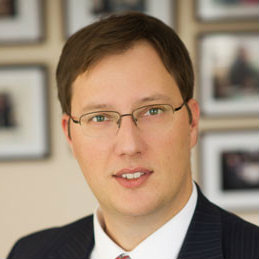
Adam J. White
Adam J. White is the Laurence H. Silberman Chair in Constitutional Governance and senior fellow at the American Enterprise Institute, where he focuses on the Supreme Court and the administrative state. Concurrently, he codirects the Antonin Scalia Law School’s C. Boyden Gray Center for the Study of the Administrative State.

Greg Weiner
Greg Weiner is President of Assumption University and founding director of the Daniel Patrick Moynihan Center for Scholarship and Statesmanship. He is the author of American Burke: The Uncommon Liberalism of Daniel Patrick Moynihan and Old Whigs: Burke, Lincoln and the Politics of Prudence.

Thomas Merrill
Thomas Merrill is an associate professor in the School of Public Affairs at American University. He is the author of Hume and the Politics of Enlightenment. He is also the co-editor of three edited volumes, including The Political Thought of the Civil War.
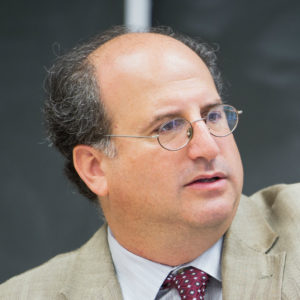
Alan M. Levine
Alan M. Levine is Associate Professor of political theory in the Department of Government and the founding director of the Political Theory Institute at American University. A specialist in the history of Western political thought, Professor Levine’s research interests include ancient and modern political theory.

Ryan Patrick Hanley
Ryan Patrick Hanley is Professor of Political Science at Boston College. His research in the history of political philosophy focuses on the Enlightenment. He is the author of Our Great Purpose: Adam Smith on Living a Better Life and Love’s Enlightenment: Rethinking Charity in Modernity.

Benjamin Storey
Benjamin Storey is a senior fellow in Social, Cultural, and Constitutional Studies at the American Enterprise Institute (AEI), and co-director of AEI’s Center for the Future of the American University. He is concurrently an SNF Agora Fellow at Johns Hopkins University and a research fellow at the Civitas Institute at the University of Texas at Austin.